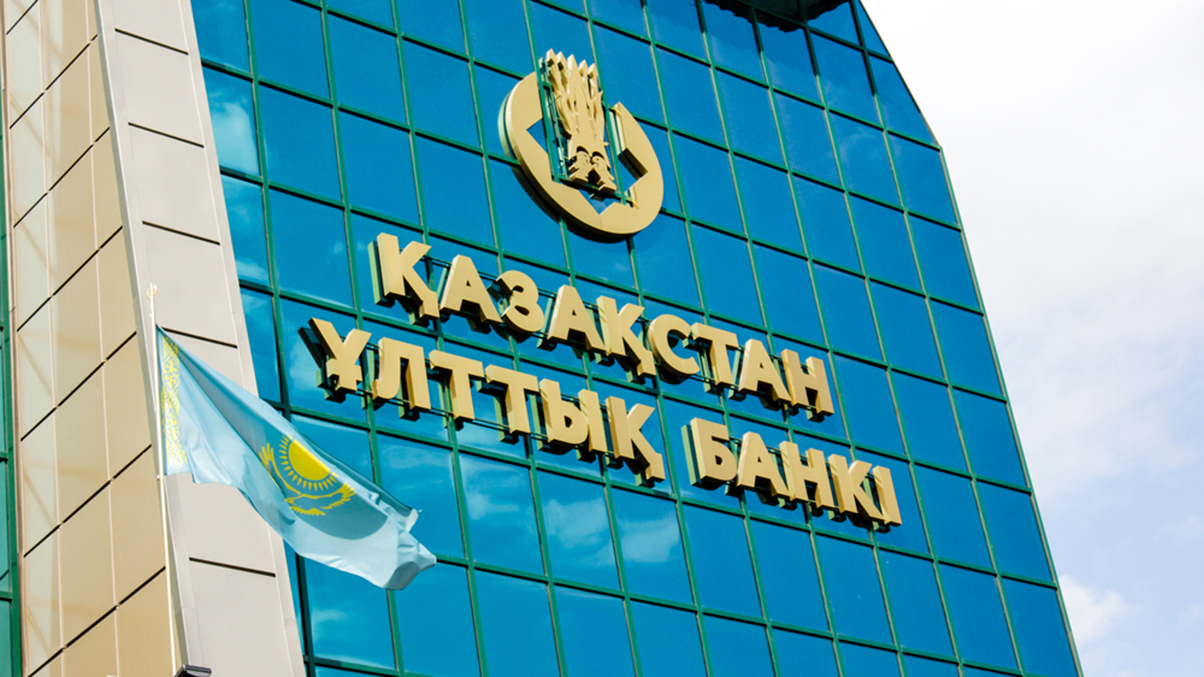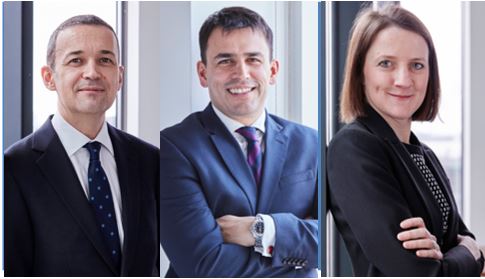Daniel Wilmot, a partner in our International Arbitration team and a specialist in Africa-related disputes, presented at a virtual workshop on 22 April 2020 entitled, Civil Justice Reform: Imperatives During and After COVID-19.
The workshop was a joint initiative between Ogun State of Nigeria, represented by the Honourable Mr Gbolahan Adeniran, the Attorney-General of Ogun State, The Justice Reform Project and CRID-LawNet. Discussions included the issue of how the courts of Ogun State, and Nigeria generally, could reopen following their closure due to Covid-19 and a roadmap towards enacting a civil justice reform model law for Ogun State.
The well-attended virtual event received presentations and commentary from some of Nigeria’s leading civil servants, politicians, senior judges and leading disputes lawyers. The Honourable Justice C. C. Nweze, Justice of the Supreme Court of Nigeria, presented on the use of technology to deliver justice in times of emergency. His insightful comments drew analogies with how technology is already being successfully used in many aspects of civil and criminal justice, including video-recorded evidence in chief. The Honourable Mr Uwemedimo Nwoko, the Attorney-General of Akwa Ibom State, reflected many of the views shared that while the technology was readily available the challenge was a shift in attitudes towards virtual justice and the need for advocates and their clients to assist in the efficient use of court resources.
Daniel offered some real, practical experience and lessons following Stewarts’ participation in the first remote hearing in the English Commercial Court, the fully virtual trial of National Bank of Kazakhstan v The Bank of New York Mellon. Sharing the steps taken to prepare for and run the hearing successfully, Daniel commented on the technology platforms considered, what protocols were adopted to allow the smooth-running of submissions and how the advocates, wider legal team and client stakeholders communicated during the trial days. During a closing Q&A session, Daniel addressed several questions seeking to understand the practical implications of a virtual hearing, including issues such as the recording of proceedings, slow internet speed and the viability of cross-examining witnesses over web-link.
The webinar received considered presentations from Mr C. A. Candide-Johnson, Dr Babatunde Ajibade and Mr Tunde Fagbohunlu, all Senior Advocates of Nigeria and leading lawyers in their respective fields. Mr Candide-Johnson, in his capacity as a member of The Justice Reform Project, advised that The Justice Reform Project had prepared a draft protocol for the adoption of a remote court hearing procedure and had sent it to his Lordship, the Chief Justice of Nigeria. Modelled on the initiatives taken in the United Kingdom, India, Kenya and Uganda (among others), the protocol sought to offer a way to reopen the administration of justice.
In their capacities as members of CRID-LawNet, an advocacy group focused on promoting best practice in the delivery of commercial civil justice, Dr Ajibade and Mr Fagbohunlu drew attention to 10 key features of the draft Model Law for the Administration of Civil Justice, many of which already envisaged the use of technology to reform the administration of Nigerian civil justice before its court systems. It is hoped that the Model Law will provide a baseline for tailoring and adoption in each Nigerian state, bringing much-needed civil justice reform.
The workshop neared its conclusion with observations and comments shared by various stakeholders, including a number of chairs of the Nigerian Bar Association branches. All attendees agreed that the use of technology to support the administration of justice needed to be explored. Significantly, all senior stakeholders, including the Honourable Mr Seyi Solomon Osho, member of the Ogun State House of Assembly, underlined their commitment to collaborating to turn the matters discussed at the workshop into a reality in the near future.
Commenting after the event, Daniel said:
“I am very grateful to Mr Tunde Fagbohunlu, S.A.N., and to all organisers, for having invited me to participate in this workshop. It was an honour to be able to contribute my and my firm’s experiences to help shape how Nigeria could reopen its courts following their closure in the face of the ongoing health crisis. The workshop revealed the detailed thought that has already been given to the issue and how senior political, judicial and legal practitioner stakeholders are willing to find a solution to allow the administration of justice to continue. It was a privilege to play my part, and, judging by the number of questions directed my way, my firm and I stand ready to assist on an ongoing basis.”
Click here to view a transcript of the webinar workshop discussions, and click here to listen to the audio recording, courtesy of The Government of Ogun State, CRID-LawNet and the Justice Reform Project.Daniel speaks from 50:42 to 106:22
Daniel will also be participating in a similar webinar workshop being organised by the Ministry of Justice of Lagos State in collaboration with CRID-LawNet and The Justice Reform Project. Entitled Making Virtual Hearings Work, the workshop will be opened by the Honourable Mr Moyosore Onigbanjo S.A.N., the Attorney-General of Lagos State, and it will receive presentations from senior stakeholders including the Honourable Justice Kazeem Alogba, the Chief Judge of Lagos State. Daniel will be presenting on technical considerations relevant to virtual hearings (amongst other things). The webinar takes place on Thursday 7 May 2020 at noon (London time).
Further details about the event are available here.
Covid-19 is impacting individuals and companies around the world in an unprecedented way. We have collected insights here to help you navigate the key legal issues you may be facing at this time.
You can find further information regarding our expertise, experience and team on our International Arbitration page.
If you require assistance from our team, please contact us or alternatively request a call back from one of our lawyers by submitting this form.
Subscribe – In order to receive our news straight to your inbox, subscribe here. Our newsletters are sent no more than once a month.







